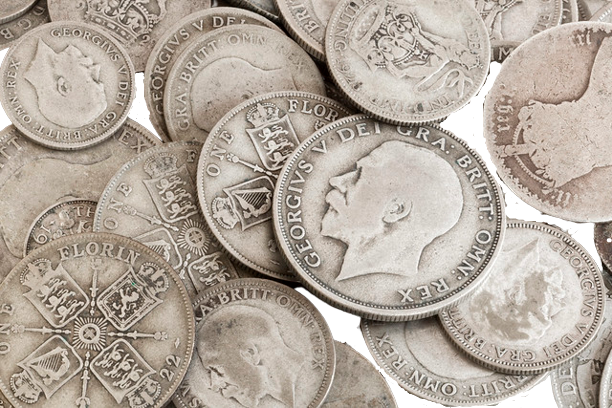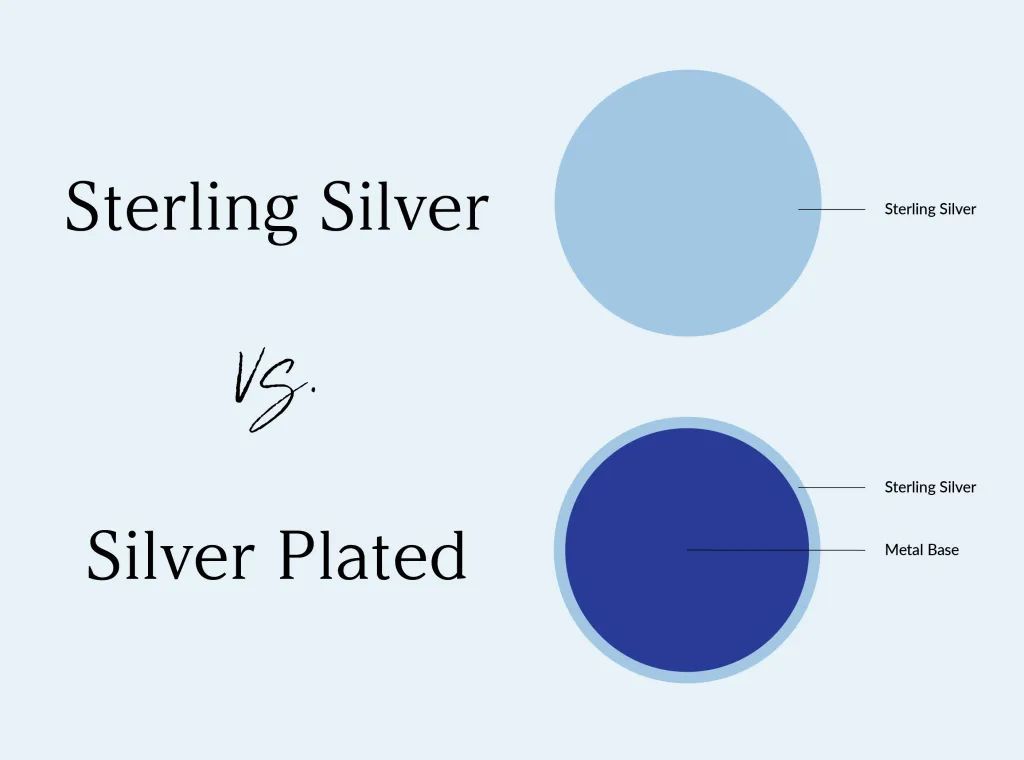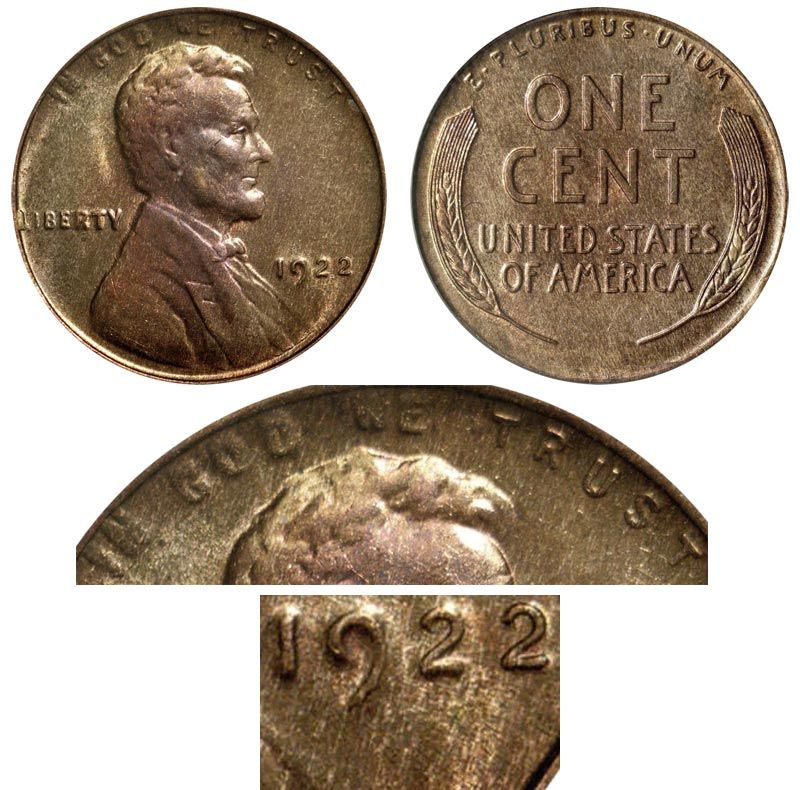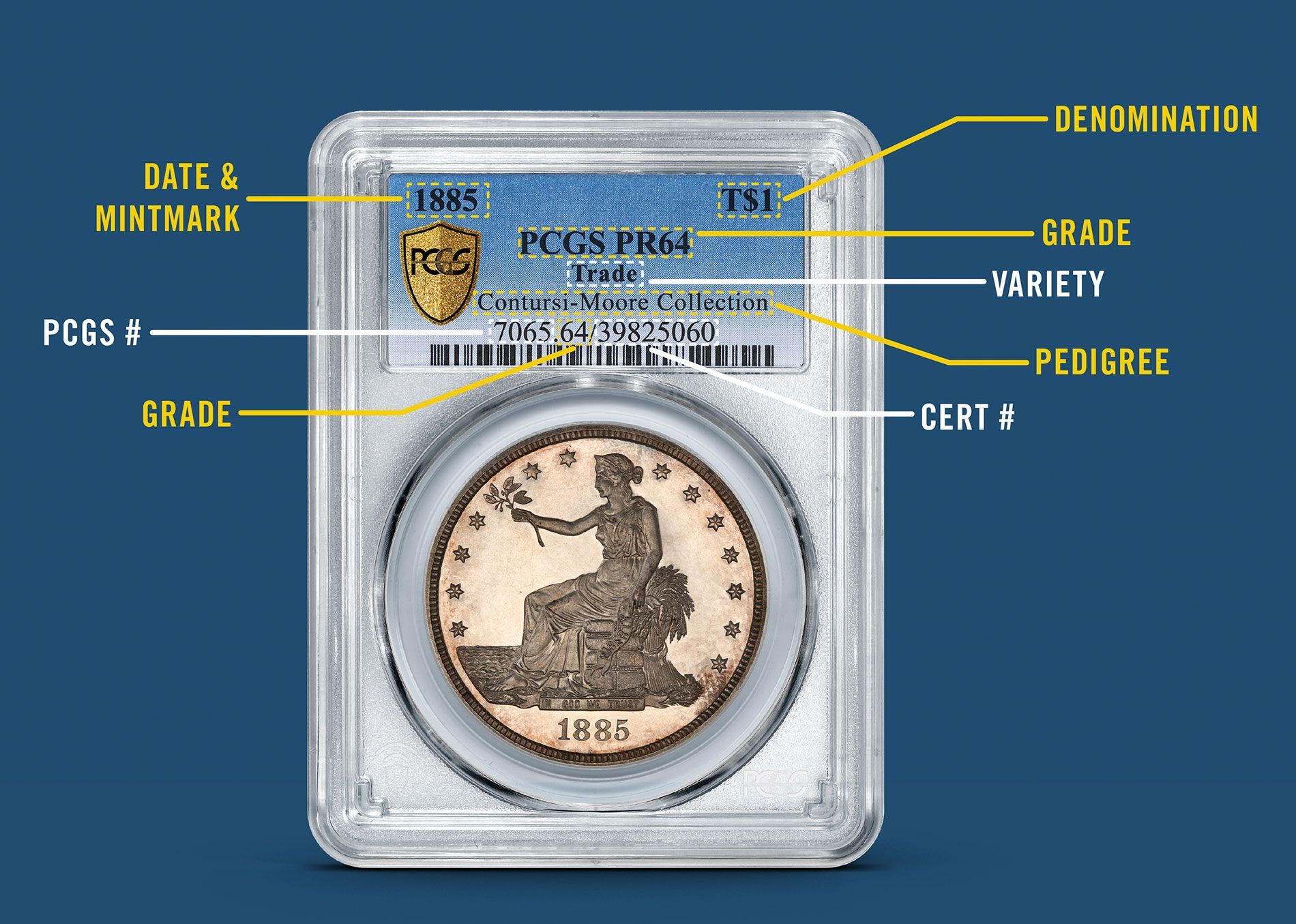Blog Layout
Why Sell My Unwanted Jewelry?
Robin Muldoon • April 22, 2023
Selling your unwanted jewelry has several benefits, such as earning some extra money and decluttering your living space. There are various reasons why you may consider selling your jewelry:
- Cash in hand: Selling your unwanted jewelry can provide you with additional funds that you can utilize for any purpose.
- Decluttering: If you have excess jewelry that you no longer use, selling it can help simplify your life by decluttering your living space.
- Upgrading: Selling a piece of jewelry you no longer wear can enable you to purchase something you adore and wear more frequently.
- Recycling: By selling your unwanted jewelry, you can contribute to a circular economy by promoting the reuse and recycling of items, thereby reducing waste.
- Estate planning: Selling your unwanted jewelry can be a beneficial way to allocate your assets and ensure that your loved ones receive the items that hold the most significance to them if you are planning your estate.

By Robin Muldoon
•
June 1, 2023
G old has captivated human civilizations for thousands of years, symbolizing wealth, power, and prestige. However, the extraction and mining of gold can have significant environmental and social impacts. As concerns about sustainability and resource conservation grow, the importance of gold recycling becomes increasingly evident. Gold recycling offers a range of environmental benefits, from reducing the need for mining to minimizing energy consumption and greenhouse gas emissions. In this article, we delve into the reasons why gold recycling is good for the environment. Conservation of Natural Resources: Gold recycling helps conserve precious natural resources. Mining for gold often involves the destruction of ecosystems, habitat displacement, and the use of large amounts of water and energy. By recycling gold, we can reduce the demand for new mining operations and minimize the negative ecological impacts associated with extraction. Recycling gold also reduces the need for additional exploration and mining of gold ore, thereby protecting biodiversity and preserving fragile ecosystems. Energy Efficiency and Reduced Emissions: Gold mining is an energy-intensive process that relies on fossil fuels, contributing to greenhouse gas emissions and climate change. In contrast, gold recycling requires significantly less energy and generates fewer emissions. By reusing gold from existing sources, we can reduce the environmental footprint associated with the extraction, transportation, and processing of new raw materials. The energy savings achieved through gold recycling play a crucial role in combating climate change and achieving sustainability goals. Waste Reduction and Landfill Impact: Gold recycling helps minimize waste generation and the accumulation of electronic waste. Many electronic devices, such as smartphones, tablets, and computers, contain gold components. Instead of discarding these devices into landfills, where they can leach hazardous materials into the soil and water, gold recycling allows us to recover and reuse the valuable gold content. This not only reduces the strain on landfill capacity but also prevents the release of potentially harmful substances into the environment. Reduction of Water Consumption: Gold mining is notorious for its substantial water requirements. The extraction of gold from ore often involves the use of vast amounts of water, which can lead to water scarcity and ecosystem degradation, particularly in water-stressed regions. In contrast, gold recycling significantly reduces water consumption. By recycling gold, we minimize the need for water-intensive mining processes, thereby conserving this precious resource and protecting aquatic ecosystems. Economic Benefits and Circular Economy: Gold recycling offers economic advantages, creating employment opportunities and contributing to local and global economies. Recycling gold promotes the concept of a circular economy, where resources are utilized in a closed loop, minimizing waste and maximizing resource efficiency. As the demand for gold remains high, recycling ensures a sustainable supply of this precious metal, reducing the reliance on new mining operations while simultaneously generating economic value. The environmental benefits of gold recycling cannot be overstated. By choosing to recycle gold, we can conserve natural resources, reduce energy consumption, minimize greenhouse gas emissions, prevent landfill waste, conserve water, and promote a circular economy. As individuals, organizations, and societies, we have a responsibility to prioritize sustainable practices. Embracing gold recycling as an essential part of our resource management strategies is a significant step towards achieving a greener and more environmentally responsible future.

By Robin Muldoon
•
May 17, 2023
Fun Facts About Coins! The first coins were developed around the 7th century BCE in Lydia, an ancient kingdom in modern-day Turkey. These coins were made of a naturally occurring alloy called electrum, a mixture of gold and silver. The world's oldest coin still in existence is the Lydian Lion, dating back to around 600 BCE. It featured a lion's head on one side and an incuse punch on the other. The term "coin" comes from the Latin word "cuneus," meaning "wedge." It refers to the process of striking a blank piece of metal between two dies to create a stamped image. Coins often contain symbols and images that represent the issuing authority or convey a message. These designs can range from historical figures to national symbols and cultural elements. The tradition of placing a coin under a ship's mast dates back to ancient Greece and Rome. It was believed to bring good luck and ensure a safe voyage. The first coin-operated vending machine was developed in the early 1880s and dispensed postcards. Later versions would dispense various items like gum, candy, and beverages.

By Robin Muldoon
•
May 17, 2023
INTERESTING FACTS ABOUT GOLD: Gold is one of the few metals that is yellow or "golden" in color. It is highly prized for its beauty and rarity. The chemical symbol for gold is Au, derived from the Latin word "aurum," which means "shining dawn." Gold is an excellent conductor of electricity and does not tarnish or corrode, which makes it useful in various electronic applications. Throughout history, gold has been used as a medium of exchange and a store of value. It has been used in the form of coins, jewelry, and even as a basis for monetary systems. All the gold ever mined throughout history would fit into three Olympic-sized swimming pools, demonstrating its scarcity. The largest gold nugget ever found was the Welcome Stranger, discovered in Australia in 1869. It weighed a whopping 2316 troy ounces (about 72 kilograms). Gold has been used for dental work for thousands of years. The ancient Egyptians, Romans, and Greeks all used gold in dentistry.

By Robin Muldoon
•
April 22, 2023
G old jewelry has been used by human civilizations for thousands of years. The earliest known examples of gold jewelry date back to ancient Egypt, where gold was highly valued for its beauty and durability. The ancient Egyptians used gold to make a wide variety of jewelry, including bracelets, necklaces, earrings, and pendants. They also used gold to make intricate death masks and other funeral artifacts. In ancient civilizations, gold was considered a symbol of wealth and power, and was often used to adorn the clothing and bodies of royalty and nobility. The ancient Greeks and Romans also valued gold, and used it to make intricate jewelry and other decorative items. During the Middle Ages, goldsmiths began to develop new techniques for working with gold, including engraving, filigree, and granulation. This led to the creation of more detailed and intricate gold jewelry. In the Renaissance period, goldsmiths in Italy and other parts of Europe developed new techniques for working with gold, including enameling, and the use of precious stones in gold jewelry became more widespread. As the centuries progressed, gold jewelry continued to evolve and change, reflecting the styles and trends of the times. Today, gold jewelry is popular around the world, and is used to make a wide variety of items, including rings, bracelets, necklaces, and earrings.

By Robin Muldoon
•
April 22, 2023
T he United States 3-cent coin was first minted in 1851 and was produced in various designs until 1889. The coin, also known as a "trime," was minted primarily as a denomination for postage stamps, which cost 3 cents at the time. The first design, known as the "Trime," featured a depiction of Lady Liberty on the obverse and a wreath on the reverse. In 1865, the coin's design was changed to feature an image of a shield on the obverse and a Roman numeral III on the reverse. This design, known as the "Shield Nickel," was used until 1883. In 1883, the coin's design was changed once again, this time featuring a Liberty head on the obverse and the Roman numeral III on the reverse. This design, known as the "Liberty Nickel," was used until the coin was discontinued in 1889. The 3-cent coin was not widely popular with the public and was not heavily used in circulation. Additionally, the coin's small size and thin metal composition made it easily worn and easily confused with other small denomination coins. Eventually, the coin was discontinued due to its lack of popularity and the rise of more convenient methods of paying for postage, such as postal money orders.

By Robin Muldoon
•
April 11, 2023
Silver plated items are typically not worth as much as solid silver items. The value of a silver plated item will depend on several factors such as the thickness of the silver plating, the base metal it's plated on, the age of the item and its condition. Silver plating is a process in which a thin layer of silver is applied to a base metal, such as copper or brass. The value of a silver plated item will be determined by the value of the base metal and the thickness of the silver plating. Items that are plated with a thicker layer of silver will be more valuable than those with a thinner layer. Silver plated items can be decorative and have some value as collectibles or vintage items. If the plating is of good quality, and the item has some age and is in good condition, it may be worth a small amount to a collector. However, most silver plated items are not worth much more than their intrinsic value as a decorative item. It's important to note that silver plated items are not as valuable as solid silver items and it's always good to consult a professional appraiser if you want to know the exact value of an item.

By Robin Muldoon
•
April 11, 2023
U.S. Large cents are a type of coin that was produced by the United States Mint from 1793 to 1857. They were larger in size than the current penny and were made of copper. There are several different types of U.S. Large cents: Flowing Hair: These were produced from 1793 to 1796 and featured a portrait of Lady Liberty on the obverse and a wreath on the reverse. Draped Bust: These were produced from 1796 to 1807 and featured a portrait of Lady Liberty on the obverse and a wreath on the reverse. Classic Head: These were produced from 1808 to 1814 and featured a portrait of Lady Liberty on the obverse and a wreath on the reverse. Coronet Head: These were produced from 1816 to 1839 and featured a portrait of Lady Liberty on the obverse and a wreath on the reverse. Braided Hair: These were produced from 1840 to 1857 and featured a portrait of Lady Liberty on the obverse and a wreath on the reverse. It's important to note that within each of these types of U.S. Large cents there are key dates and varieties that are considered valuable to collectors. Like the other coins, rarity, demand and condition are factors that affect the value of a specific coin. It's always good to consult a professional coin dealer or a coin grading service to know the value of a specific coin.

By Robin Muldoon
•
April 11, 2023
Error coins are coins that have been minted with mistakes, such as a missing design element, a double strike, or an off-center strike. These errors can occur during the minting process and can result in coins that have unique characteristics or variations. Error coins are generally considered to be more valuable than regular coins because of their rarity and uniqueness. There are many different types of error coins, some of the most common include: Off-center strikes: These coins have been struck outside the proper alignment and a portion of the design is missing from the coin. Double strikes: These coins have been struck twice, resulting in a coin with two images, one on top of the other. Broadstrikes: These coins have been struck outside the collar, resulting in a coin with a flat edge and a larger diameter than normal. Die Breaks: These coins have a crack or chip on the die used to strike the coin, which can cause raised lines or bumps on the coin. Clipped Planchets: These coins have been struck with a piece of metal that was not the proper size or shape, resulting in a coin with a missing piece or a irregular shape. Misaligned Dies: These coins have been struck with the dies not properly aligned, resulting in a coin with a design that is not centered. Lamination Errors: These coins have a flake or layer of metal missing from the surface, usually caused by a separation of the metal layers during the striking process. Struck Through Errors: These coins have an object that was present in the striking chamber, causing an impression on the coin The value of an error coin is determined by a number of factors, including the type of error, the rarity of the error, and the condition of the coin. Some error coins can be worth thousands of dollars, while others may only be worth a few dollars. It is important to consult a professional coin dealer or a coin grading service to determine the value of an error coin.

By Robin Muldoon
•
April 10, 2023
There are several professional coin grading services that will grade and authenticate your coins for a fee. Here are the steps you can follow to get your coins graded: Research the different grading services available. Some of the most well-known grading services include PCGS (Professional Coin Grading Service), NGC (Numismatic Guaranty Corporation), and ANACS (American Numismatic Association Certification Service). Compare the fees, turnaround times, and services offered by each company. Choose the grading service that best meets your needs. Once you have chosen a grading service, you will need to create an account with them and provide them with your contact information. Prepare your coins for submission. Make sure your coins are free from damage, and stored in a protective holder. It is also a good idea to take detailed photographs of your coins before submitting them. Submit your coins to the grading service. You will need to package your coins securely and ship them to the grading service. Most grading services provide instructions on how to properly package and ship your coins. Wait for your coins to be graded. The grading process can take anywhere from a few weeks to several months , depending on the grading service you choose and the number of coins you have submitted. Receive your graded coins. Once your coins have been graded, the grading service will return them to you in a protective holder with a certification label that includes the grade, the grade of the coin, the population of the coin and the serial number of the coin. It is important to note that grading a coin can be a subjective process and different grading services may assign different grades to the same coin. Also, grading fees can vary depending on the coin, the grade and the grading service.

By Robin Muldoon
•
April 10, 2023
There are many luxury watch brands and models that are considered popular among collectors and enthusiasts. Some of the most popular luxury watches include: Rolex: One of the most recognizable luxury watch brands, Rolex is known for its precision, durability, and style. The Rolex Submariner and the Rolex Daytona are considered to be two of the most popular models. Omega: Another well-known luxury watch brand, Omega is known for its precision and accuracy. The Omega Seamaster and the Omega Speedmaster are two of the most popular models. Patek Philippe: This Swiss luxury watch brand is known for its craftsmanship and attention to detail. The Patek Philippe Nautilus and the Patek Philippe Calatrava are considered to be two of the most popular models. Audemars Piguet: This Swiss luxury watch brand is known for its unique designs and complex movements. The Audemars Piguet Royal Oak and the Audemars Piguet Jules Audemars are considered to be two of the most popular models. Breitling: This Swiss luxury watch brand is known for its precision and reliability. The Breitling Navitimer and the Breitling Superocean are considered to be two of the most popular models. Cartier: This luxury watch brand is known for its elegance and craftsmanship. The Cartier Tank and the Cartier Santos are considered to be two of the most popular models. Panerai: This Italian luxury watch brand is known for its bold designs and high-quality craftsmanship. The Panerai Luminor and the Panerai Radiomir
CONTACT INFORMATION
Address:
344 Massachusetts Ave. Arlington, MA 02474
439 Littleton Rd Suite 3 2nd Floor
Westford, MA 01886
BUSINESS HOURS
- Mon - Fri
- -
- Sat - Sun
- Appointment Only
PAYMENT METHODS




Content, including images, displayed on this website is protected by copyright laws. Downloading, republication, retransmission or reproduction of content on this website is strictly prohibited. Terms of Use
| Privacy Policy
CONTACT INFORMATION
Address:
344 Massachusetts Ave Arlington, MA 02474
439 Littleton Rd Suite 3 2nd Floor
Westford, MA 01886
BUSINESS HOURS
- Mon - Fri
- -
- Sat - Sun
- Appointment Only
PAYMENT METHODS




Content, including images, displayed on this website is protected by copyright laws. Downloading, republication, retransmission or reproduction of content on this website is strictly prohibited. Terms of Use
| Privacy Policy
CONTACT INFORMATION
Address:
344 Massachusetts AveArlington, MA 02474 /
439 Littleton Rd Suite 3 2nd Floor Westford, MA 01886
BUSINESS HOURS
- Mon - Fri
- -
- Sat - Sun
- Appointment Only
PAYMENT METHODS




Content, including images, displayed on this website is protected by copyright laws. Downloading, republication, retransmission or reproduction of content on this website is strictly prohibited. Terms of Use
| Privacy Policy

